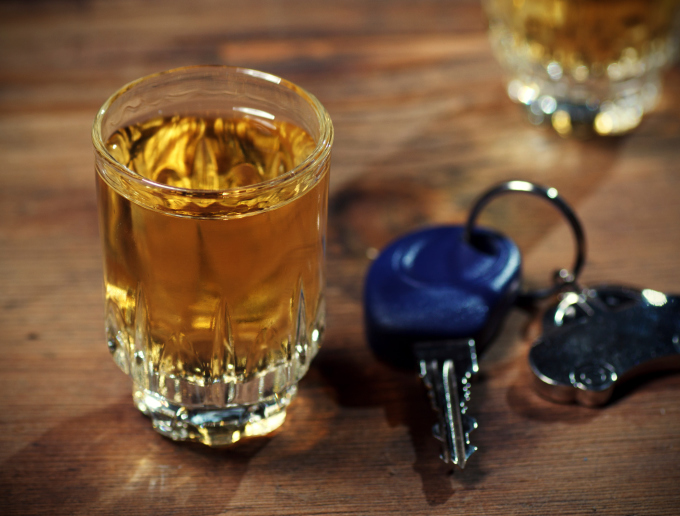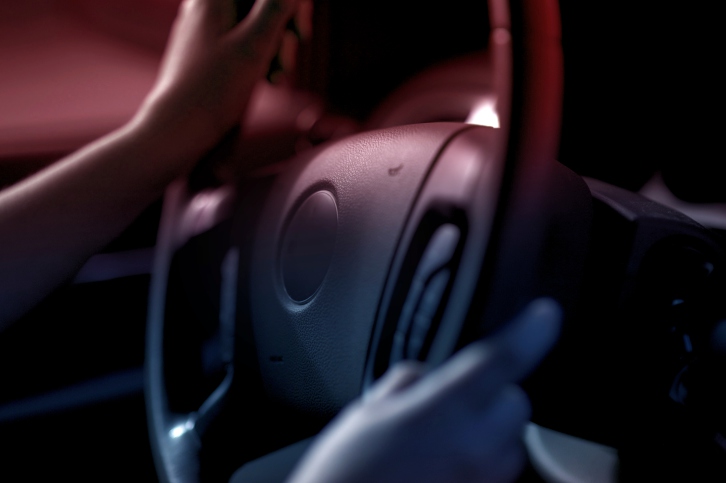If you are reading this you have probably been recently arrested for a Seattle DUI or know someone who has, and you have many questions. As an experienced DUI attorney, I have heard all the common questions related to DUI arrests. Continue reading as I cover the frequently asked questions of a Seattle DUI arrest.
I’ve been arrested for a Seattle DUI. Now what?
You’ve been arrested, given a field sobriety test, taken to the police station, and asked to provide a breath or blood alcohol test. Your vehicle may have been impounded requiring you wait at least 12 hours to get it out and costing hundreds of dollars to do so.
You are probably confused as to what happens next. The first thing you should do is talk with a Seattle DUI attorney. Find an attorney that is experienced in DUIs as well as the the city of the arrest. Having an attorney that is familiar with the court system of your city and knows how to best represent your case can make all the difference in the outcome.
After researching and talking with a few different Seattle DUI attorneys, hire an attorney that best fits your needs. Research attorneys thoroughly but don’t wait too long to hire. It is important that your attorney has plenty of time to research and prepare for your hearing.
After being arrested, you should have received the Department of Licensing (DOL) Administrative Hearing Request Form. You have 20 days from the date of arrest to request your hearing. Working with an experienced DUI defense attorney will increase your chance of beating a license suspension, as well as give you advice on steps to take if your license is suspended.
What are the consequences of a Seattle DUI conviction?
Washington state DUI laws are some of the toughest DUI laws in the country. A DUI conviction carries mandatory penalties including jail time, license suspension or revocation, probation, and possible ignition interlock device use. Along with the mandatory penalties of a DUI conviction comes fines, court costs, and fees.
In Washington State, the mandatory fines are given based on the BAC ( blood alcohol concentration) level, whether there was a refusal to take the BAC, or the number of prior offenses. The penalties will be more severe if the BAC level was above .15 or the BAC was refused. A prior DUI offense within seven years of your arrest date may result in an increased mandatory sentence. Read more about DUI penalties here .
Is a DUI a felony?
In Washington a first offense DUI is not a felony, it is a gross misdemeanor. However, a DUI can be charged as a felony if a driver has 4 or more prior convictions within a 10 year period or if someone is injured or killed in the same incident as your DUI charge, or if the driver has a prior vehicular assault or vehicular homicide offense. Although a first offense DUI in Seattle is not a felony, the penalties can still be very serious, including losing your license, having to report the conviction to employers, and possible jail time.
How do I find a Seattle DUI attorney to help me?
Choosing a Seattle DUI attorney can be an intimidating task. It is important to ensure you choose an attorney that is experienced in DUI cases as well as the court system at which your hearing will take place. When choosing a DUI attorney it is important to ask the following questions:
- Where did you attend law school?
- How many years have you been in practice?
- How much experience do you have with DUI cases?
- How many cases have you taken to jury trial?
- What is your assessment of my case?
- What would be the final outcome of my case?
- Will you personally be handling my case or will it be someone else?
- What are your fees?
If you still don’t feel fully convinced that an attorney is right for you, you can ask to talk with previous clients.
How do I fight the license suspension?
Whether you take a breathalyzer or blood test and register a .08 BAC or greater, or you refuse the take the breathalyzer or blood test, the DOL will initiate license suspension procedures against you. You will be required to request a hearing with the DOL within a required period of time to obtain a hearing and challenge the suspension. If you do not file your hearing request in time, you will lose your right to challenge the license suspension and in turn have your license suspended.
A Seattle DUI attorney can help answer any questions you may have in regards to your DOL hearing, as well as how to best approach your license suspension challenge.
What are Field Sobriety Tests?
Field sobriety tests are standardized tests that test the sobriety of the accused driver. These tests include:
- Horizontal Gaze Nystagmus
- Walk and Turn
- One Leg Stand
- Portable Breath Test
- Drug Recognition Examination
- Non-standardized test (Finger to Nose, Alphabet, Balance Test, Finger Dexterity)
What is a SCRAM device?
A SCRAM (Secure Continuous Remote Alcohol Monitor) device is a bracelet that can detect alcohol from the wearer’s skin. These devices can be an easy and cost effective way to ensure that those accused or convicted of a DUI do not consume alcohol. The ankle bracelets are worn by defendants who are awaiting trial, or those who have already been convicted of a DUI and are on probation.
The SCRAM device is monitored by a company that sends daily reports to probation and law enforcement officials. The bracelets are able to detect a 0.02 alcohol reading through the skin. The device only detects alcohol and does not detect drugs in the wearer’s system.
Can I enter Canada after a DUI arrest?
Canada considers a DUI or any alcohol related offense stemming from a DUI an inadmissible offense and therefore, you most likely will not be allowed into Canada after you have been convicted of a DUI or even a reduced charge. There are a few ways to work around this restriction; you will either need to be deemed “rehabilitated” or granted a temporary resident permit. A person may be considered rehabilitated if they have no other criminal convictions for a minimum of five years after the DUI conviction.
Should I get an alcohol evaluation?
Alcohol evaluations are conducted by a state certified chemical dependency agency. The evaluations are a series of questions used to determine if a person has an alcohol dependency problem. These evaluations can be scary, but in many cases the evaluations show no alcohol problems in the test taker and will ultimately help with your case.
What is an Ignition Interlock Device?
An ignition interlock device (IID) is a device that requires a breath sample that measures the driver’s BAC before the vehicle can be started. If the test registers a BAC over a predetermined amount, the vehicle cannot be started.
An IID allows a driver to get an Ignition Interlock driver license that allows a driver whose license has been suspended to drive a vehicle that is equipped with an IID.
More Questions?
Being charged with a DUI can be very stressful and confusing. Knowing all the facts and being extremely prepared before your hearing is a must. If you have more questions regarding your Seattle DUI arrest, give Matthew Leyba a call at 206.504.3131 . As an experienced Seattle DUI attorney he would be happy to offer a free 60 minute, no pressure, and completely confidential case consultation.




